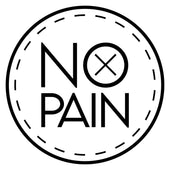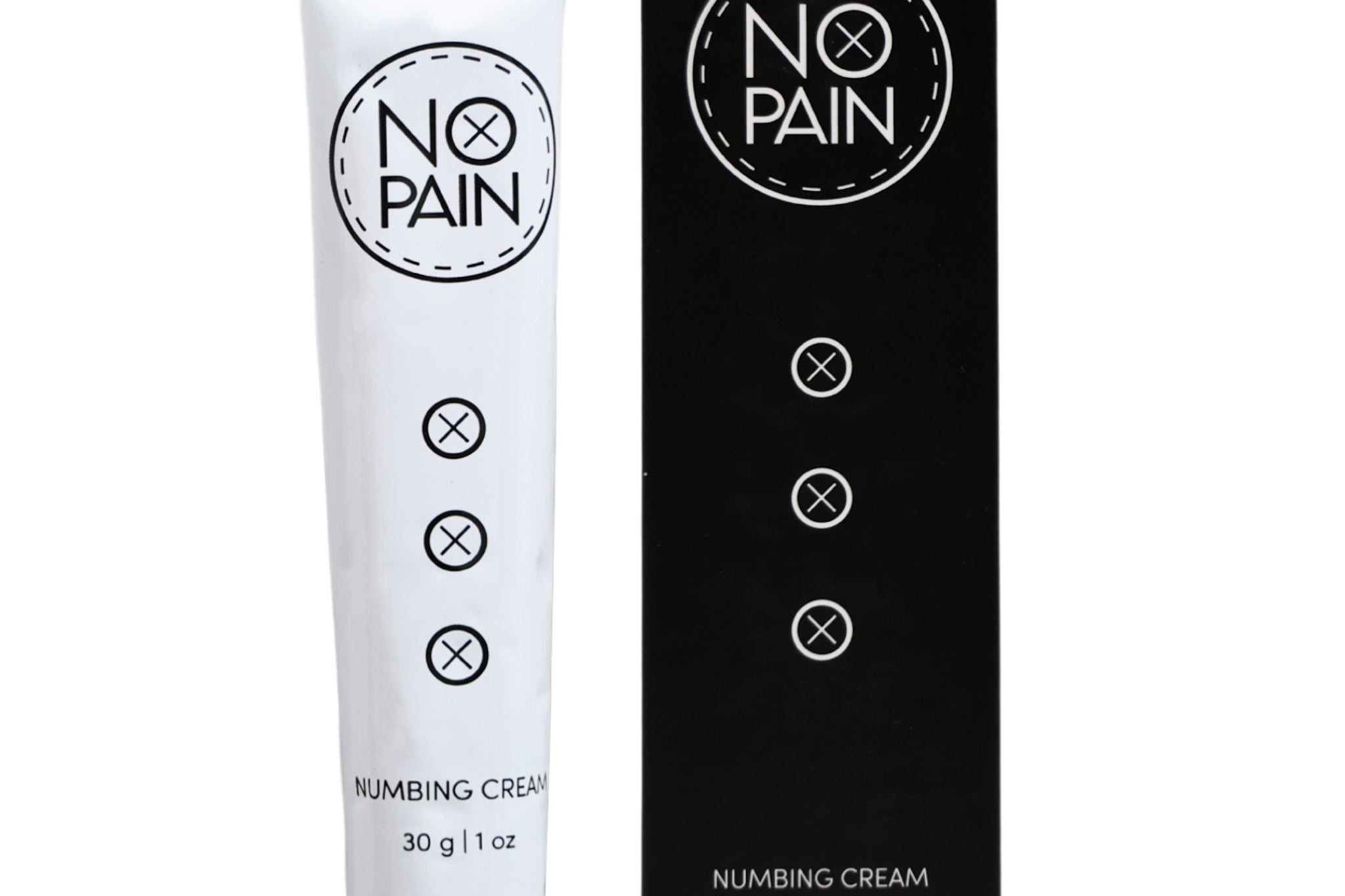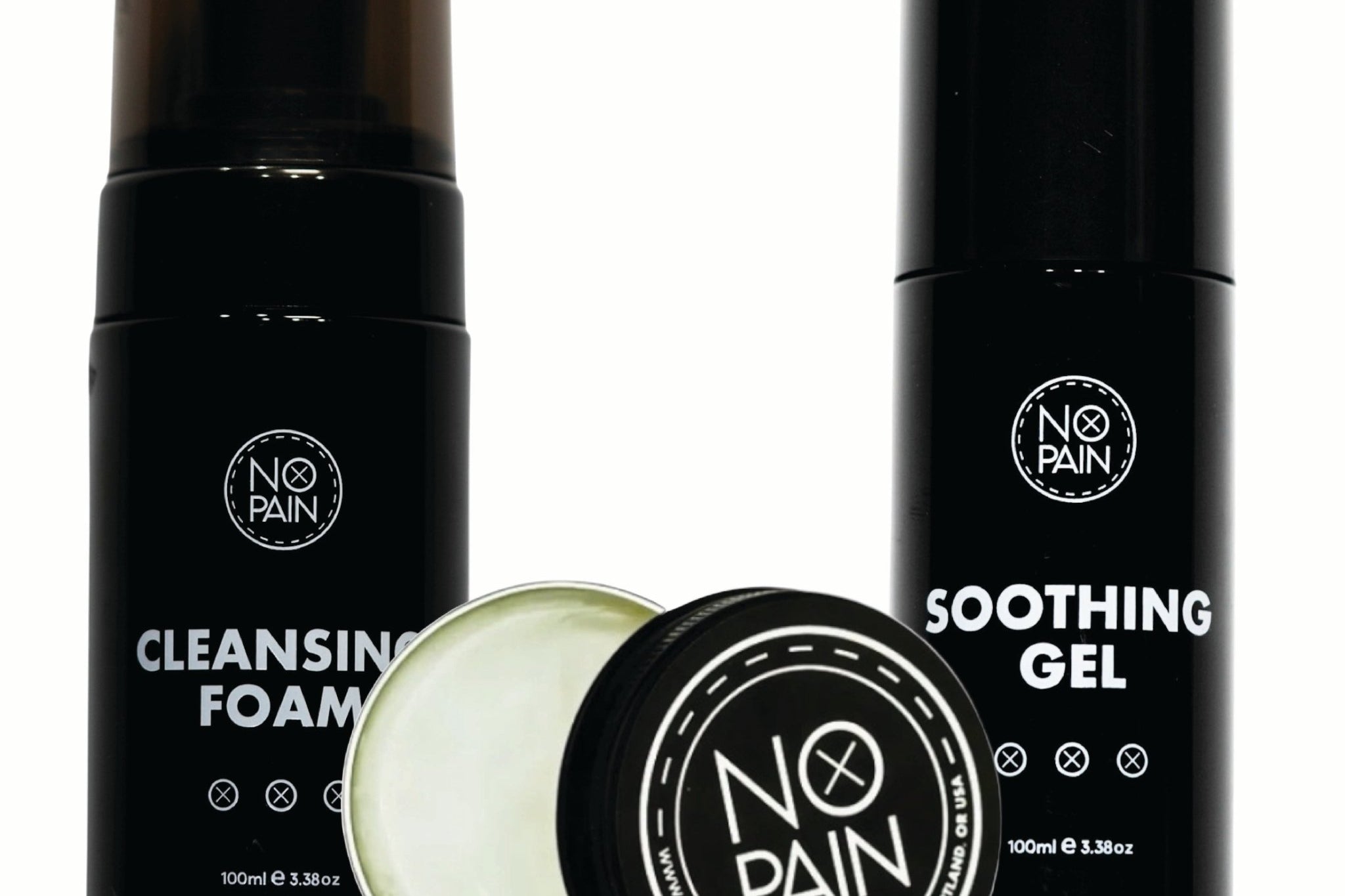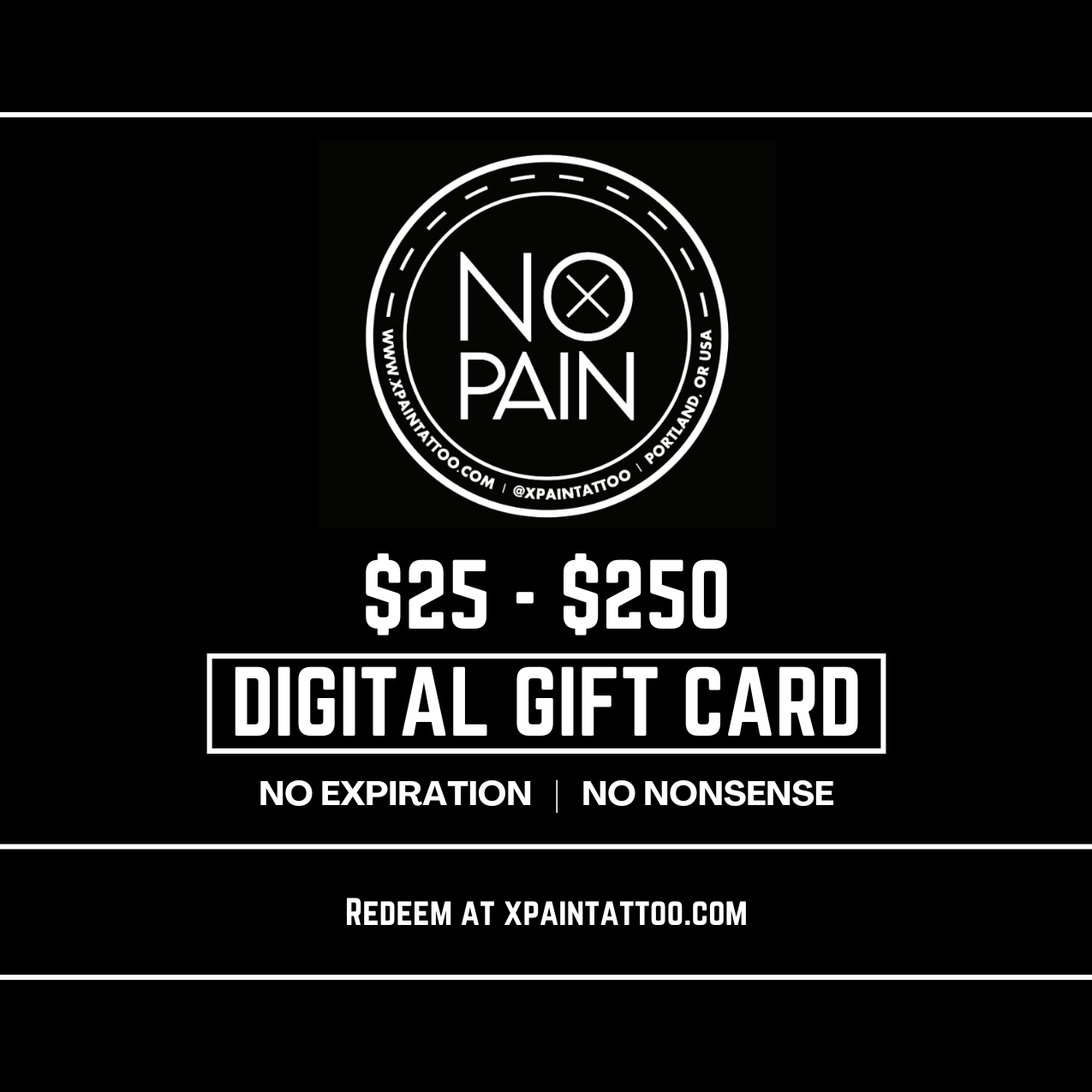For a growing number of people, a vegan lifestyle extends beyond their diet and into every aspect of their life, from the clothes they wear to the products they use. It's no surprise, then, that this mindful approach has become a crucial part of the tattoo world.
This has led to an important question for many clients: "How do I ensure my tattoo is completely vegan?"
The great news is that getting a high-quality, cruelty-free tattoo is easier now than ever before. This is your complete guide to understanding what makes a tattoo vegan, from the ink and the process to the aftercare you use to heal it.
What Can Make a Tattoo Not Vegan?
To understand what a vegan tattoo is, you first need to know what it isn't. A tattoo process can involve animal-derived products in a few surprising places.
-
The Ink: This is the primary concern. Traditionally, some tattoo inks contained animal-derived ingredients. The most common question is what is in tattoo ink?
-
Glycerin: Often used as a stabilizer and carrier in ink, glycerin has historically been derived from animal fat.
-
Bone Char: Some black inks in the past used bone char from animals to achieve a deep, dark pigment.
-
Gelatin: Derived from animal hooves and connective tissue, gelatin can be used as a binding agent.
-
Shellac: Some pigments have used shellac, which is a resin secreted by the female lac bug.
-
-
The Process Products: Other items used in the studio can also contain animal products.
-
Stencil Paper: The paper used to transfer your design to your skin often uses lanolin, a wax secreted by sheep's glands.
-
Razors: The lubricating strip on a disposable razor can sometimes contain animal-derived glycerin.
-
The Good News: The Modern Tattoo Industry is Mostly Vegan!
While the list above seems intimidating, the reality of the modern, professional tattoo industry is very positive. The vast majority of reputable, high-quality ink manufacturers today have shifted to using plant-based glycerin and carbon-based pigments for their black inks. Brands like Eternal, Fusion, Intenze, and many others are proudly 100% vegan.
How to Ensure Your Tattoo is 100% Vegan
A little preparation is all it takes to have peace of mind.
-
Find the Right Artist: Many artists today will explicitly state on their websites or social media that they are a "vegan tattoo artist" or that they use an "all-vegan process." This is the easiest way to find someone who is already aligned with your values.
-
Ask the Right Questions: During your consultation, it's perfectly acceptable and encouraged to ask, "I am vegan and would like to ensure my entire tattoo process is free of animal products. Can you confirm if your inks, stencil paper, and other products are vegan?" A professional artist will respect your question and will be happy to confirm their materials.
The Final Step: A 100% Vegan Aftercare Routine
Your commitment to a vegan tattoo doesn't end when you leave the studio. How to care for a new tattoo is the final, crucial step, and you need to ensure your aftercare products are also free of animal products. Many old-school ointments contain ingredients like lanolin or beeswax.
This is why a professional, plant-based aftercare system is the perfect final step.
-
Our entire aftercare line is designed to be vegan and cruelty-free. The No Pain Tattoo Aftercare Bundle provides the complete, plant-based system you need for a perfect heal.
-
The No Pain Tattoo Cleansing Foam and No Pain Tattoo Soothing Gel are gentle and effective, and our No Pain Tattoo Aftercare Balm uses a blend of natural butters and oils to provide deep, healing moisture without any animal byproducts.
The Verdict: Getting a fully vegan tattoo in the modern era is easier than ever. By choosing a professional artist who uses high-quality, modern inks and committing to a fully vegan aftercare routine, you can get a beautiful piece of art that is completely aligned with your values.





